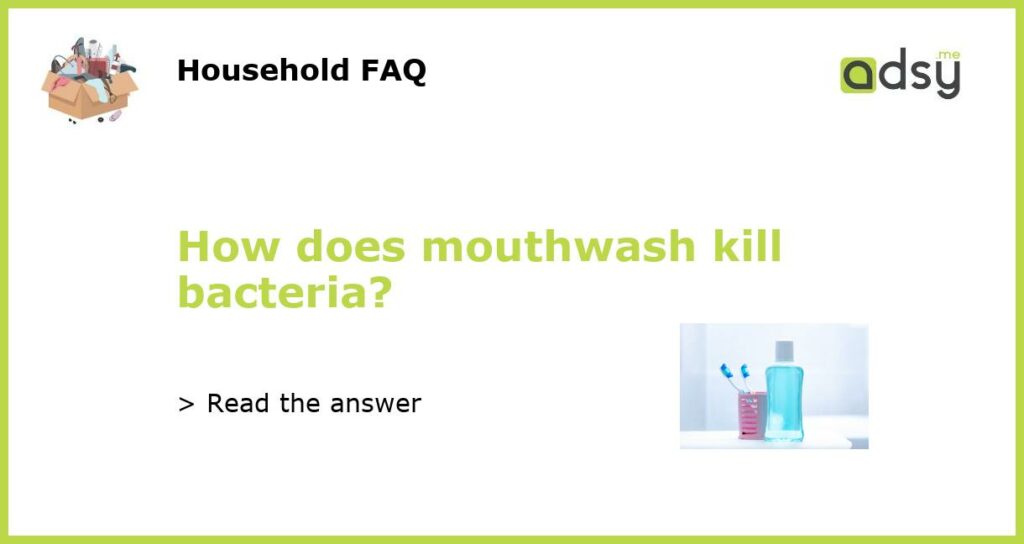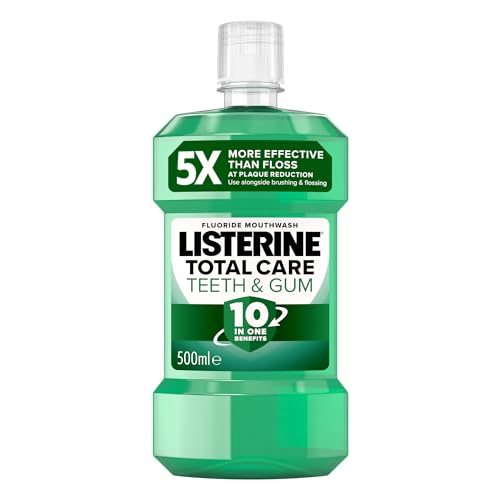Understanding the science behind mouthwash killing bacteria
Mouthwash is a popular oral hygiene product that many people use to freshen their breath and kill bacteria in their mouth. But have you ever wondered how mouthwash works to kill bacteria? In this article, we explore the science behind mouthwash and what makes it effective in killing bacteria.
What are the active ingredients in mouthwash?
Mouthwash usually contains a combination of active ingredients such as alcohol, chlorhexidine, cetylpyridinium chloride (CPC), and essential oils like thymol and eucalyptol. These ingredients work together to kill bacteria in the mouth and prevent gum disease and other oral health issues.
How do these ingredients kill bacteria?
Alcohol in mouthwash is a potent antimicrobial agent that kills bacteria by denaturing the proteins and disrupting the cell membranes of the microorganisms. Chlorhexidine, on the other hand, is an antiseptic agent that works by binding to the bacterial cell walls, causing them to burst and die.
CPC is a cationic compound that can disrupt the bacterial cell membrane and inhibit the synthesis of bacterial DNA, effectively killing the microorganisms. Essential oils like thymol and eucalyptol also have antimicrobial properties and can penetrate the bacterial cell walls to kill the microorganisms.
Can mouthwash kill all bacteria in the mouth?
Mouthwash can kill a significant amount of bacteria in the mouth, but it cannot eliminate all microorganisms. Some bacteria in the mouth are beneficial and are necessary for maintaining oral health. Additionally, some microorganisms are resistant to the active ingredients in mouthwash, especially those that form biofilms or protective layers.
Therefore, mouthwash should be used as a supplement to regular dental care and brushing and flossing, rather than as a replacement to these habits.
Mouthwash is an effective oral hygiene product that can kill bacteria in the mouth and prevent oral health issues. The active ingredients in mouthwash work by disrupting the bacterial cell membranes and proteins, causing the microorganisms to die. It should be used as a supplement to regular dental care and not as a replacement to brushing and flossing.






